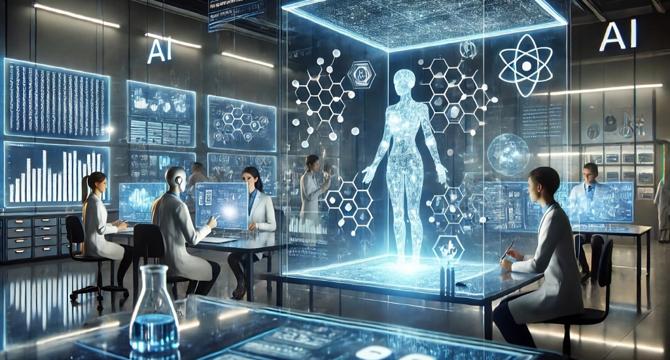VentureBeat
1M
209

Image Credit: VentureBeat
2025 has already brought us the most performant AI ever: What can we do with these supercharged capabilities (and what’s next)?
- The latest AI large language model (LLM) releases are performing at PhD levels and are seen as a significant advancement in the AI field.
- Claude 3.7 from Anthropic and Grok 3 from xAI are examples of highly capable AI models with advanced reasoning abilities.
- These newer AI models have been trained using significantly more computing power, leading to a noticeable jump in capabilities.
- AI's increasing ability to tackle complex problem-solving and the rapid expansion of compute power are supercharging AI abilities.
- OpenAI's deep research AI agent and Google DeepMind's AI co-scientist are examples of tools designed to accelerate research and hypothesis generation.
- Advances in AI models like Claude 3.7, OpenAI deep research, and Google AI co-scientist are moving towards realizing artificial general intelligence (AGI) and transforming scientific progress.
- The potential of AI is not without challenges and setbacks, as seen with the downfall of projects like Humane AI Pin and difficulties faced by startups like Sensei Ag.
- AI's growing capabilities in scientific discovery, reasoning, and decision-making offer promise but also pose risks of disruption and instability, impacting the workforce and societal structures.
- Investment in governance, education, and workforce adaptation is crucial for successful navigation of the challenges posed by AI's transformative impact.
- While economic disruptions and social unrest may accompany AI advancements, societies can adapt by building ethical frameworks, enforcing transparency standards, and mitigating risks for a responsible integration of AI technology.
- Collaboration among scientists, policymakers, and business leaders is essential to ensure the equitable distribution of AI's benefits and address the risks associated with AI advancements.
Read Full Article
12 Likes
For uninterrupted reading, download the app